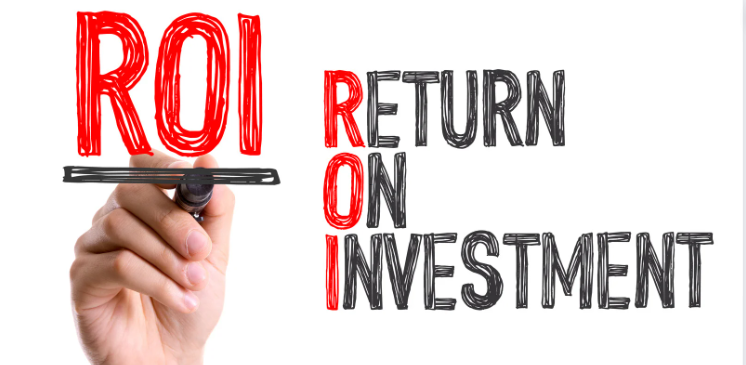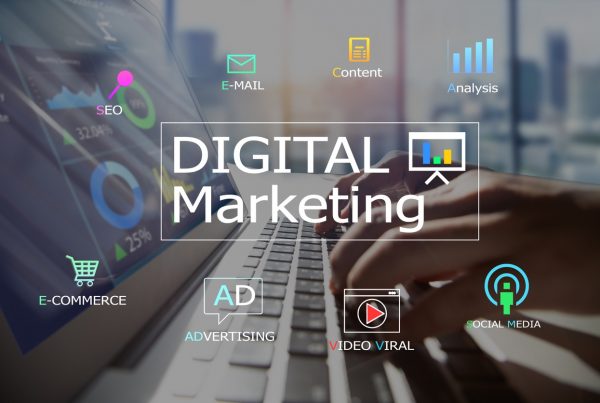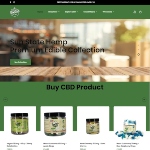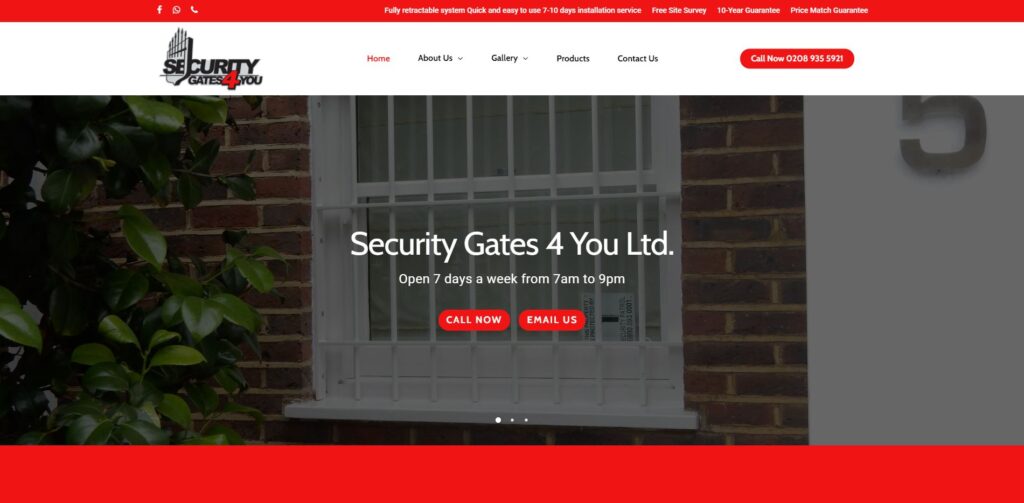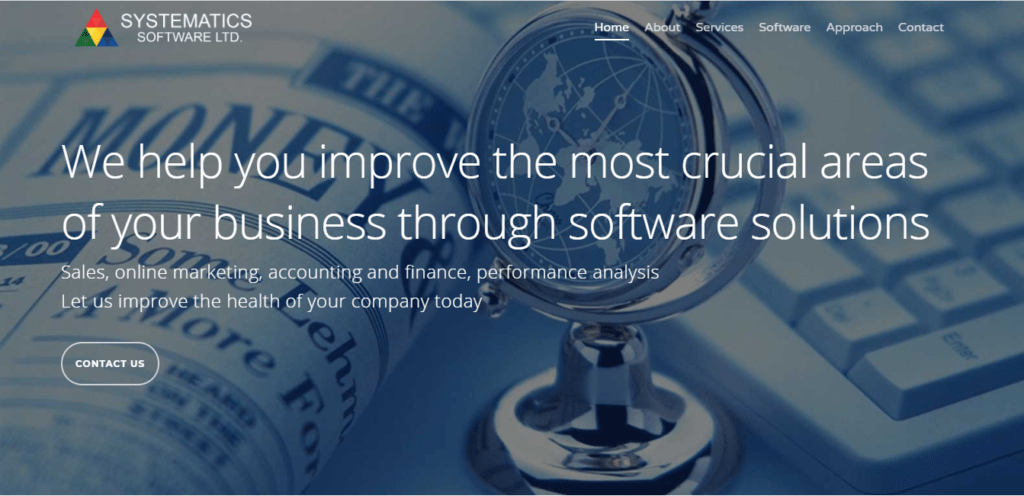Finding the right email marketing platform is essential to deliver engaging content, track results, and build a loyal customer base. Therefore today, we’ll explore some of the best email marketing platforms for small businesses, highlighting their features, benefits, and how they can boost your marketing efforts.
Unlocking Success with Metrics and Analytics in Email Marketing
Email marketing is an indispensable tool for businesses, especially e-commerce ventures. However, merely sending out emails is not enough; you need to measure the success of your ecommerce email marketing strategy to optimise your efforts effectively.
Why Metrics Matter
- Email Marketing: Businesses in the United Kingdom are allocating a significant portion of their marketing budgets to email campaigns, with a notable increase in e-commerce email marketing strategy adoption.
- E-commerce Revenue Boost: Metrics provide insights into your email campaigns’ direct impact on e-commerce revenue. Studies reveal that well-targeted and personalised emails can significantly increase online sales, contributing to a considerable portion of the UK’s e-commerce industry growth.
See how our agency can drive massive amounts of traffic to your website
SEO :
Unlock massive amounts of SEO traffic see real results.
Content marketing :
Our team creates epic content that will get shared, get links, and attract traffic
Paid media :
Effective paid strategies with clear ROI.
Tracking Progress
Now, let’s explore how metrics and analytics can help measure the effectiveness of your ecommerce email marketing strategy.
The Key Performance Indicators (KPIs)
- Conversion Rates: Conversion rates are a crucial metric, reflecting the effectiveness of your email campaigns. In fact, optimising conversion rates is a top priority for ecommerce businesses. Moreover, ensuring a seamless transition from email engagement to a completed purchase is vital.
- Open Rates: High email open rates signify that your email content is engaging and relevant. Also, with intense competition in the ecommerce sector, capturing the recipient’s attention is the first step toward converting them into customers.
- ROI Metrics: Return on investment (ROI) metrics reveal the direct impact of your ecommerce email marketing strategy on revenue. Additionally, these metrics are closely monitored by ecommerce businesses, as a positive ROI signifies the effectiveness of their marketing efforts.
Tips from a Professional Email Marketing Agency in London
Effectively measuring your e-commerce email marketing strategy requires robust analytical tools and techniques, and many businesses are investing in advanced analytics to stay ahead. These tools provide deeper insights into your e-commerce email marketing strategies, including user behaviour, click-through rates, and conversion paths.
Mailchimp and Hubspot are the two of the most popular email marketing platforms in the market. As a professional email marketing agency in London, we understand the importance of leveraging the potential of the best marketing tools. Therefore, we employ the best tools and techniques available to ensure that our client’s marketing campaigns are effective and successful.
Getting Started with Ecommerce Email Marketing Strategies
Entering the world of e-commerce email marketing is an exciting journey for any business. It allows you to connect with your audience, build brand loyalty, and drive sales. To embark on this path, follow these essential steps:
- Define Your Goals: Firstly, begin by setting clear objectives for your ecommerce email marketing. Are you looking to increase sales, drive website traffic, or boost customer engagement? Understanding your goals will effectively guide your strategies.
- Build Your Email List: Secondly, your email list serves as the cornerstone of your ecommerce email marketing efforts. Additionally, you can sweeten the deal by offering incentives like exclusive discounts or informative content to motivate the site visitors to sign up for your newsletter.
- Choose an Email Marketing Platform: It’s crucial to carefully select a reliable email marketing platform that aligns with your specific business needs. Seek out features like automation, list segmentation, and access to attractive email templates.
- Create Quality Content: Your next step involves developing engaging and relevant content that your subscribers will undoubtedly find valuable. This can encompass a wide range of content, including product updates, promotions, educational articles, and compelling customer stories.
- Segment Your Audience: Enhance the effectiveness of your email marketing by dividing your email list into segments based on different criteria such as demographics, purchase history, or engagement level. This approach empowers you to send highly targeted and personalised emails.
- Design Eye-Catching Emails: It’s imperative that your emails are not only visually appealing but also fully optimised for mobile responsiveness. Hence, make sure to leverage professional design templates and incorporate compelling visuals to captivate your audience.
- Implement Automation: Automate your email marketing to send personalised emails at the right time. For example, you can set up welcome emails for new subscribers or abandoned cart reminders for online shoppers.
- Monitor and Assess: Consistently monitor the performance of your email campaigns. Furthermore, pay attention to metrics like open rates, click-through rates, and conversion rates. Subsequently, this data will help you refine your strategies and achieve better results.
- Optimise for Mobile: Given the increasing use of mobile devices for online shopping, ensure that your emails look and function well on smartphones and tablets.
- A/B Testing: Experiment with different elements in your emails, such as subject lines, call-to-action buttons, or images. In essence, through A/B testing, you can identify what resonates best with your audience.
- Compliance and Consent: It’s crucial to ensure that you have the proper consent to send marketing emails. Therefore, always comply with data protection and email marketing regulations, like GDPR.
- Customer Support and Engagement: In addition to this, offer excellent customer support and engage with your subscribers. Consequently, by doing this, you can respond to queries and feedback promptly, fostering trust and loyalty.
We hope you enjoy reading this blog
If you need our expertise please book a meeting with us.
Conclusion
In conclusion, choosing the right email marketing platform for your small business can significantly impact your marketing efforts. Moreover, each of these platforms has unique features and pricing, so consider your business needs and budget when making your choice. So get started today with us at Explosion Digital and harness the power of email marketing to grow your small business. Visit our website to learn more.
FAQs – Answering Your Burning Questions
What's the cost of using these email marketing platforms?
The cost varies by platform. Mailchimp and Constant Contact offer free plans, while others provide pricing tiers based on the number of subscribers or emails sent.
Can I import my existing email list into these platforms?
Yes, all these platforms allow you to import your existing email list, but ensure it complies with their terms and anti-spam regulations.
Do I need prior experience to use these platforms?
No, most of these platforms are user-friendly and provide resources and guides for beginners.
How can I track the success of my email campaigns?
These platforms offer detailed analytics, including open rates, click-through rates, and conversion tracking, helping you measure the success of your campaigns.


